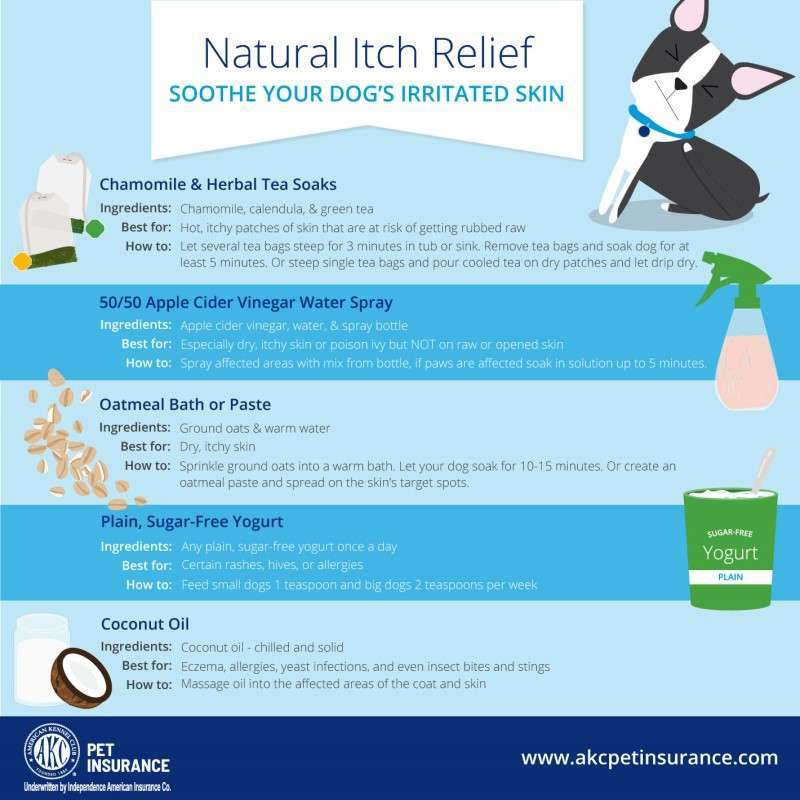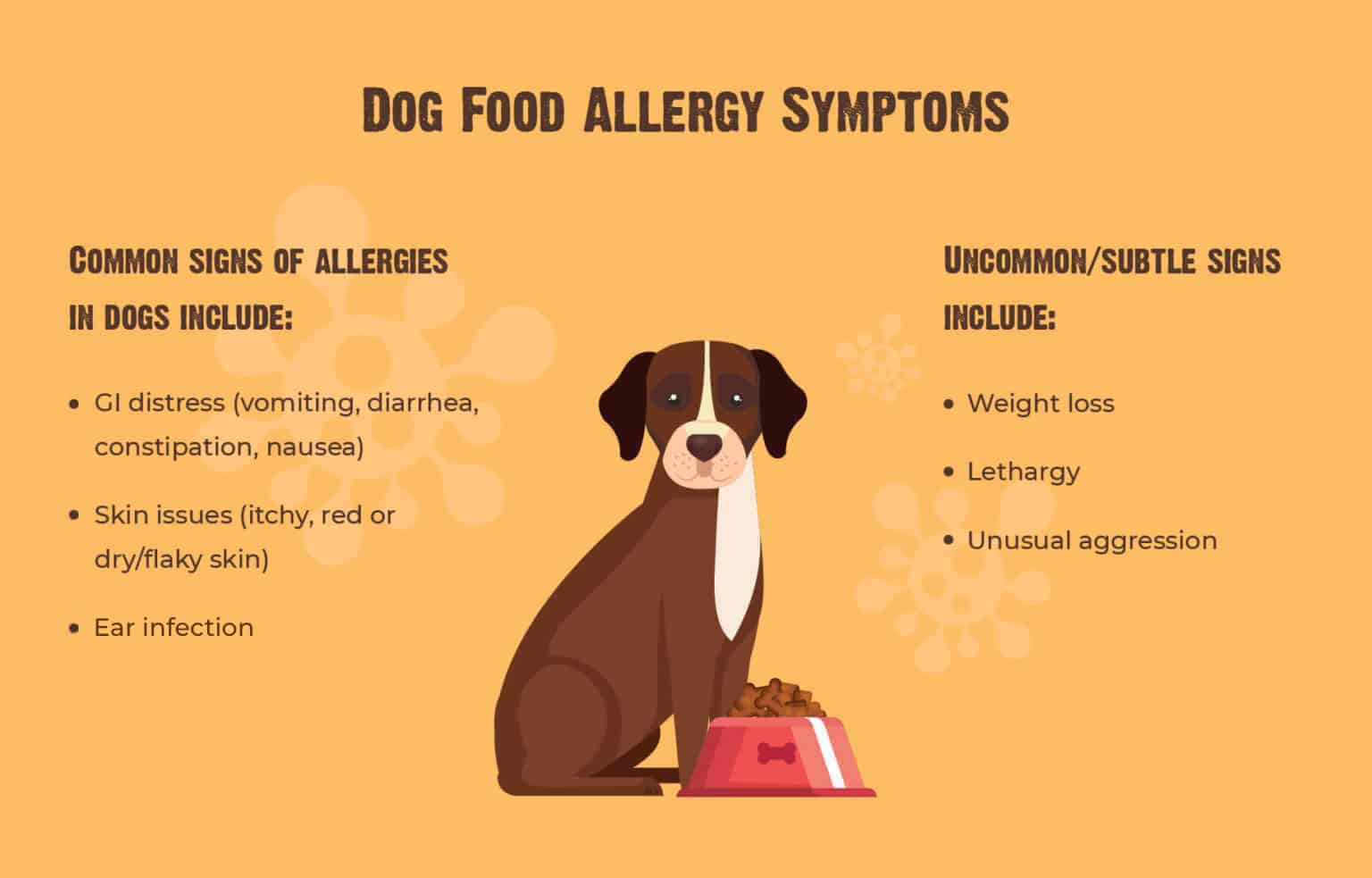Key Takeaways:
- Identify the allergens: It is important to determine the specific allergens that are causing your dog's itching so that you can take appropriate measures to avoid them.
- Regular grooming: Regularly bathing and brushing your dog can help remove allergens from their fur and provide relief from itching.
- Dietary changes: Switching to a hypoallergenic or limited ingredient diet can help alleviate allergies in dogs, as certain ingredients may be triggering their itchiness.
- Use allergy medications: Consult with your veterinarian to find the right allergy medications for your dog, such as antihistamines or corticosteroids, to provide temporary relief from itching.
- Environmental modifications: Make changes around your home to reduce exposure to allergens, such as using air purifiers, washing bedding frequently, and avoiding certain plants or cleaning products that may trigger allergies in your dog.
Are you tired of watching your furry friend constantly scratching and itching? Does your dog's discomfort leave you feeling helpless? Well, fret not! In this article, we will explore the various ways to help your itchy dog with allergies. By understanding and implementing these strategies, you can provide your beloved pet with the relief they desperately need. Not only will this improve their quality of life, but it will also strengthen the bond between you and your four-legged companion. So, let's dive in and discover how you can alleviate your dog's itchiness and bring back their wagging tail!
Signs that Your Dog May Have Allergies
Allergies can affect dogs just like they affect humans. If you notice your dog scratching, licking, or biting themselves excessively, it could be a sign that they have allergies. Other signs include red and inflamed skin, frequent sneezing or coughing, watery eyes, and ear infections. Some dogs may also experience gastrointestinal issues such as vomiting or diarrhea.
Dogs can develop allergies to a variety of things including pollen, dust mites, certain foods, and even flea bites. It's important to pay attention to these signs and consult with a veterinarian to determine the cause of your dog's allergies.
Common Signs of Dog Allergies:
- Excessive scratching, licking, or biting
- Red and inflamed skin
- Frequent sneezing or coughing
- Watery eyes
- Ear infections
- Gastrointestinal issues (vomiting or diarrhea)
What to Do if You Suspect Your Dog Has Allergies:
If you notice any of these signs in your dog, it's important to take action. Start by examining their skin for any redness or irritation. Check their ears for signs of infection such as discharge or a foul odor. Keep an eye on their bathroom habits and note any changes in appetite or behavior.
To get a proper diagnosis and treatment plan for your dog's allergies, make an appointment with your veterinarian. They will perform tests to determine the specific allergen causing the reaction and recommend appropriate treatment options.
Relieving Your Itchy Dog's Discomfort from Allergies
Seeing your dog constantly itching and scratching can be distressing. Fortunately, there are several ways you can help relieve their discomfort caused by allergies.
One of the first steps is to identify and eliminate the allergen if possible. For example, if your dog is allergic to certain types of pollen, try to keep them indoors during peak allergy seasons or limit their exposure to areas with high pollen counts.
Regular bathing can also help soothe your dog's itchy skin. Use a gentle, hypoallergenic shampoo specifically designed for dogs with allergies. Be sure to rinse thoroughly to remove any residue that could further irritate their skin.
Tips for Relieving Your Dog's Allergy Symptoms:
- Identify and eliminate the allergen if possible
- Keep your dog indoors during peak allergy seasons
- Limit exposure to areas with high pollen counts
- Use a gentle, hypoallergenic shampoo for bathing
- Rinse thoroughly after bathing to remove any residue
- Avoid using harsh chemicals or fragrances around your dog
- Consider using natural remedies such as oatmeal baths or coconut oil
The Importance of Regular Grooming:
In addition to regular bathing, grooming plays a crucial role in managing your dog's allergies. Brushing your dog's coat regularly helps remove allergens and reduces the chances of them getting trapped on their skin. It also promotes healthy hair growth and improves blood circulation.
Trimming your dog's nails is important too, as excessively long nails can cause discomfort and lead to skin irritation when they scratch themselves. Cleaning their ears regularly can prevent infections caused by allergens getting trapped in the ear canal.
Foods That Can Worsen Your Dog's Allergies
Common Allergenic Foods for Dogs
Certain foods can trigger allergies in dogs, causing them to experience uncomfortable symptoms such as itching, redness, and gastrointestinal issues. Some common allergenic foods for dogs include beef, chicken, dairy products, eggs, wheat, soy, and corn. These ingredients are often found in commercial dog food formulas and treats. If your dog is prone to allergies or has been diagnosed with a food allergy by a veterinarian, it is important to carefully read the ingredient labels of any food or treat you purchase for them.
Alternative Food Options for Dogs with Allergies
If your dog has allergies or sensitivities to certain foods, there are alternative options available that can help alleviate their symptoms. One option is to switch to a limited ingredient diet (LID) that contains novel protein sources such as venison or duck. LID formulas typically have fewer ingredients and exclude common allergens like beef and chicken. Another option is to feed your dog a hypoallergenic diet prescribed by a veterinarian. These diets are specially formulated with hydrolyzed proteins that are less likely to trigger an allergic reaction.
Tips for Managing Your Dog's Diet
When managing your dog's diet to address their allergies, it is important to introduce new foods gradually and monitor their response closely. Keep a record of the ingredients in the foods your dog consumes and note any changes in their symptoms. Additionally, avoid feeding your dog table scraps or human food as these may contain ingredients that can worsen their allergies. Consult with a veterinarian before making any significant changes to your dog's diet.
Natural Remedies to Soothe Your Itchy Dog's Skin
Oatmeal Baths for Itchy Dogs
One natural remedy for soothing your dog's itchy skin is giving them an oatmeal bath. Oatmeal has anti-inflammatory properties that can help relieve itching and irritation. To prepare an oatmeal bath, grind plain, unflavored oats into a fine powder and mix it with warm water to create a paste. Apply the paste to your dog's skin, focusing on the areas that are most affected by itching. Leave it on for about 10 minutes before rinsing thoroughly.
Coconut Oil as a Moisturizer
Another natural remedy for soothing your dog's itchy skin is coconut oil. Coconut oil has moisturizing properties that can help alleviate dryness and reduce itching. Simply apply a small amount of coconut oil to your hands and gently massage it onto your dog's skin. Pay extra attention to areas that are prone to dryness, such as their paws or elbows. Be cautious not to use too much coconut oil as it can make their fur greasy.
Tips for Using Natural Remedies
When using natural remedies to soothe your dog's itchy skin, always consult with a veterinarian first to ensure they are safe and appropriate for your dog's specific condition. It is important to follow the instructions carefully and monitor your dog's response. If their symptoms worsen or persist, discontinue the use of the remedy and seek veterinary advice.
Managing Your Dog's Allergies with Regular Grooming Practices
Frequent Brushing to Remove Allergens
Regular grooming practices can play a crucial role in managing your dog's allergies. One important practice is frequent brushing, which helps remove allergens such as pollen or dust from their fur. Use a brush specifically designed for dogs with sensitive skin or allergies to avoid further irritation. Brushing also helps distribute natural oils throughout their coat, keeping their skin moisturized and reducing the risk of dryness and itching.
Bathing with Hypoallergenic Shampoos
Another grooming practice that can help manage your dog's allergies is regular bathing using hypoallergenic shampoos. These shampoos are formulated to be gentle on sensitive skin and do not contain common allergens. Be sure to choose a shampoo that is specifically designed for dogs and avoid using human shampoos, as they may contain ingredients that can irritate your dog's skin. Follow the instructions on the shampoo bottle and rinse thoroughly to remove any residue.
Tips for Effective Grooming
When grooming your dog to manage their allergies, it is important to be gentle and patient. Use positive reinforcement techniques to make the experience more enjoyable for them. Additionally, keep their grooming tools clean and sanitized to prevent the spread of allergens or bacteria. If you are unsure about how to properly groom your dog or have concerns about their allergies, consult with a professional groomer or veterinarian for guidance.
When to Consult a Veterinarian for Your Itchy Dog's Allergy Symptoms
Persistent Itching Despite Home Remedies
If your dog continues to experience persistent itching despite trying home remedies or over-the-counter treatments, it is time to consult a veterinarian. They can assess your dog's condition and determine if there are underlying causes contributing to their allergies. A veterinarian may recommend additional diagnostic tests or prescribe medication to alleviate your dog's symptoms.
Severe Skin Infections or Open Sores
If your dog develops severe skin infections or open sores as a result of their allergies, it is crucial to seek veterinary care immediately. These complications can lead to further discomfort and potential complications if left untreated. A veterinarian will be able to provide appropriate medical treatment such as antibiotics or topical ointments to help heal the skin and prevent further infections.
Importance of Veterinary Guidance
When it comes to your dog's allergies, it is important to rely on the expertise of a veterinarian. They have the knowledge and experience to accurately diagnose and treat your dog's condition. Delaying veterinary consultation may prolong your dog's discomfort and potentially worsen their symptoms. Trusting in professional guidance ensures that your dog receives the appropriate care for their specific needs.
In conclusion, there are several ways to help your itchy dog with allergies. By identifying and avoiding allergens, providing a balanced diet, and seeking veterinary care, you can provide relief and improve your dog's quality of life.
How do I stop my dogs itching from allergies?
To alleviate your dog's itchy skin using natural remedies, apply pure aloe vera gel, avoid using shampoos, and supplement their diet with probiotics, flaxseed, and fish oil for additional relief from itching.
Will Benadryl help my dogs itching?
To summarize, Benadryl (diphenhydramine) is a safe and useful medication for alleviating mild itching, acting as a mild sedative, and preventing acute allergic reactions in dogs. Most dogs tolerate the medication well, although common side effects may include sleepiness and gastrointestinal symptoms.
Why is my dog itching like crazy?
Common allergies in pets include flea allergy dermatitis, which is most severe in warmer months and causes itching on the lower back, hind legs, and stomach. Another common allergy is atopic dermatitis, which is most common in spring and summer and can be caused by inhaling pollens, house dust mites, or mold spores, resulting in itching on any part of the body.
What is a natural alternative to Benadryl for dogs?
Quercetin is a type of bioflavonoid that can help alleviate allergies in dogs by reducing symptoms such as itching, scratching, licking, and chewing. Many veterinarians recommend quercetin as a safe and natural antihistamine for dogs. It is often referred to as "Nature's Benadryl".
Is Zyrtec or Benadryl better for dogs?
The typical effects of antihistamines in dogs include feeling relaxed and sleepy. This is more commonly seen with older types of antihistamines like diphenhydramine (Benadryl®). More recent types of antihistamines like cetirizine (Zyrtec® or Reactine®) have a less pronounced sedating effect.
Why is Benadryl not working on dogs with allergies?
The allergies experienced by dogs are not the same as those experienced by humans. While histamines cause respiratory allergies in humans, it is cytokines, not histamines, that cause dogs to have itchy skin. Antihistamines are not effective in controlling the cytokines, which are signaling proteins that lead to inflammation and itching, in dogs with underlying allergies.

















